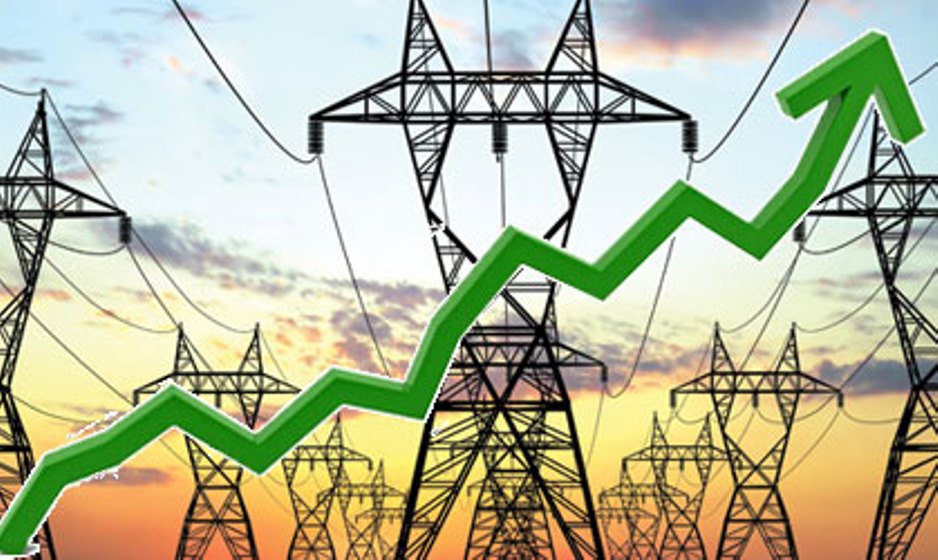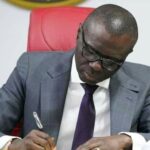The unprecedented hike in the tariff of electricity by government and electricity distribution companies last week was insensitive and obnoxious.
Though the Minister of Power, Engineer Sale Mamman, quickly reversed the 50 per cent increase purportedly approved for DISCOs by the Nigerian Electricity Regulatory Commission (NERC), he added that the increment would be implemented after an ongoing negotiation with the Organised Labour.
Coming barely four months after the 100 per cent increase in electricity tariff in September 2020, last week’s sudden increase came as an ugly shock to Nigerians.
Apparently, it was in reaction to the harsh response to the increment that the minister suspended its implementation to “allow for the outcome of all resolutions from the committee to be implemented together,” referring to the Joint Ad-Hoc Committee on the disputed increase in September.
It is difficult to reconcile the economic reality of Nigeria and the living condition of the Nigerian public with the incessant increases in electricity tariff.
- Over $30m loan available to private healthcare providers in Nigeria, other countries
- No, COVID vaccine won’t leave ‘invisible mark’ to be used as ‘immunity passport’
Though the minister attempted to allude to the template of electricity tariff, the increase would apparently deepen poverty among electricity consumers in multiple ways.
Apart from draining their low income and alarmingly devalued Naira, the suspended tariff, if implemented, would lead to an increase in the cost of manufactured goods.
Profit-seeking producers of consumer goods would pass the electricity cost to the ordinary Nigerian whose earning power does not increase with inflation.
For NERC, DISCOs and government, it could make economic sense to increase the tariff, but the step runs contrary to the economic principle of Pareto Optimality, which insists that policy measures must not make country’s citizens worse off than they were before their implementation.
The reverse of this principle has been the case in Nigeria.
The reactions of stakeholders to the tariff hike have shown that there is lack of transparency in either the template being used to justify increases or in the consultation process.
While the Minister of Power told Nigerians that there was an ongoing consultation with Organised Labour on this increase, the President of the Nigeria Labour Congress (NLC), Comrade Ayuba Wabba, claimed last week’s tariff increase was not on the table.
In his elaborate response to the minister’s claim, Comrade Wabba said, “The position of Labour is that we have found out some loopholes in the templates used to do the increase, including the one in September 2020.
We all agreed that there is a need for a committee to do a holistic job, including the review of privatisation, which is one of the items on the agenda.
Also, the cost of gas, which they used as a template to increase (the former tariff should be looked into).
On this one (last week’s increase), there was no discussion. We are not privy to it; we are not part of it.
That is why we said it should be suspended.
What we are dealing with at committee level or any dialogue with Labour is the increase that was done in September, not this new increase… Any insinuation saying dialogue is going on over this is not correct.”
From every indication, electricity tariff increases are done in a clumsy manner.
We call for a holistic review of the template being used for this increase. In that review, not only the Organised Labour, but the private sector, especially the Manufacturing Association of Nigeria (MAN), and the National Assembly should be well represented.
It is also important to scrutinise how the Nigeria Bulk Electricity Trading Plc subsidises electricity to ensure that the processes involved are transparent and devoid of corruption.
Though NERC is the regulatory agency for the electricity sector, it is becoming obvious that the body is not independent, as it seems to operate on the whims and caprices of the Minister of Power and other powerful stakeholders in the sector.
We are firmly behind the government in its efforts to stabilise and boost the electricity sector.
However, such efforts should not impoverish the Nigerian public who are under tremendous pressure from hyper-inflation, inexplicable devaluation of the Naira, poor infrastructure, and the lack of social services that could cushion the effects of the deteriorating economy.

 Join Daily Trust WhatsApp Community For Quick Access To News and Happenings Around You.
Join Daily Trust WhatsApp Community For Quick Access To News and Happenings Around You.


